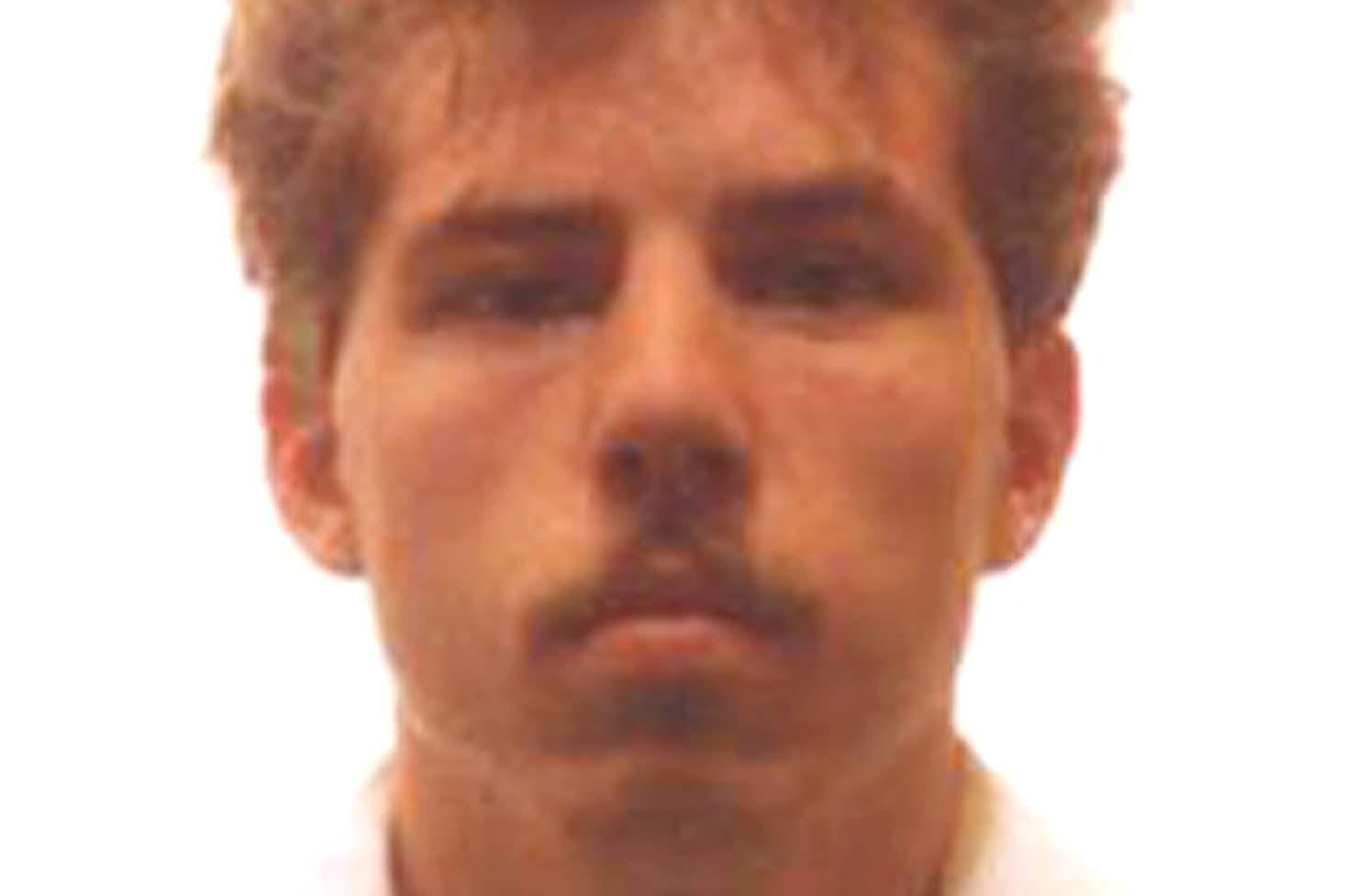Killer accepts he is unfit for release and requests move to open conditions
William Dunlop strangled pizza delivery woman Julie Hogg in Billingham, Co Durham, in 1989.

Your support helps us to tell the story
From reproductive rights to climate change to Big Tech, The Independent is on the ground when the story is developing. Whether it's investigating the financials of Elon Musk's pro-Trump PAC or producing our latest documentary, 'The A Word', which shines a light on the American women fighting for reproductive rights, we know how important it is to parse out the facts from the messaging.
At such a critical moment in US history, we need reporters on the ground. Your donation allows us to keep sending journalists to speak to both sides of the story.
The Independent is trusted by Americans across the entire political spectrum. And unlike many other quality news outlets, we choose not to lock Americans out of our reporting and analysis with paywalls. We believe quality journalism should be available to everyone, paid for by those who can afford it.
Your support makes all the difference.A murderer has withdrawn his application to be released, midway through a public parole hearing, and has instead requested he be moved to an open prison.
The hearing for William Dunlop, who strangled pizza delivery woman Julie Hogg in Billingham, Co Durham, in 1989, began on Monday.
He had initially been hoping to be released into the community, but on Tuesday withdrew this application and agreed he would be better suited to open conditions.
When the parole panel chairman, who has declined to share his name, told Dunlop that professionals had unanimously agreed he was unfit to be released and should instead be moved to an open prison, he said: “I have to agree with the professional judgment.
“I do think they are right.”
After a short break, the chairman confirmed Dunlop’s lawyers had withdrawn the initial application and were instead seeking to make a request to the Justice Secretary for him to be moved to open conditions.
Dunlop was tried twice for the murder of Ms Hogg, but both juries failed to reach a verdict.
A decade later, while in jail for another crime, he confessed and admitted lying in court, boasting there was nothing anyone could do about it because of the double jeopardy rule in place at the time.
But he was jailed for life in 2006 after Ms Hogg’s mother, Ann Ming, campaigned for 15 years to get the 800-year-old double jeopardy law changed so that he could be charged with the same crime twice.
A prison offender manager, who also declined to share their name but said they had been working with Dunlop since he arrived at the prison in December 2022, told proceedings on Monday that they were confident he could be moved to an open prison.
They said he had shown “genuine remorse” for the murder, a comment that resulted in groans from the victim’s family, and he had done sufficient work to address risk factors, ranging from violence to substance misuse.
Addressing the family directly on Tuesday from an unnamed prison, who were watching proceedings from a press room in the Royal Courts of Justice, Dunlop said: “I know it’s of little consequence, but I do regret the effect I’ve (had on) them in all these years and the years to come.
“My anger destroyed so many lives. Julie was a lovely woman. Really witty. It was all about me. I apologise.”
As he spoke the family were visibly upset, and Miss Ming wiped away tears.
Dunlop also admitted it was “possible” he would have killed more people had he been released before being brought to justice for the murder.
He said: “If I had been released in 2002, there would have been more victims. I was in such a bad place.
“My world was caving in on me. I didn’t have the control that was needed. I had family problems.”
When asked by the panel if he meant more murder victims, he said: “That is a possibility. If I had been released it wouldn’t have happened to start with. I would have been another car crash waiting to happen. It would have been a domino effect.”
Dunlop subjected Ms Hogg, who had a three-year-old son, to a violent sexual assault after she rejected him, and hid her mutilated body behind a bath panel where it lay undiscovered for more than two months.
He told the parole panel he wished he could “turn back the clock” and regretted “creating so many victims”.
The stage of the hearing open to the public and press closed on Tuesday, and the chairman of the panel confirmed they would resume behind closed doors “at a later date”.